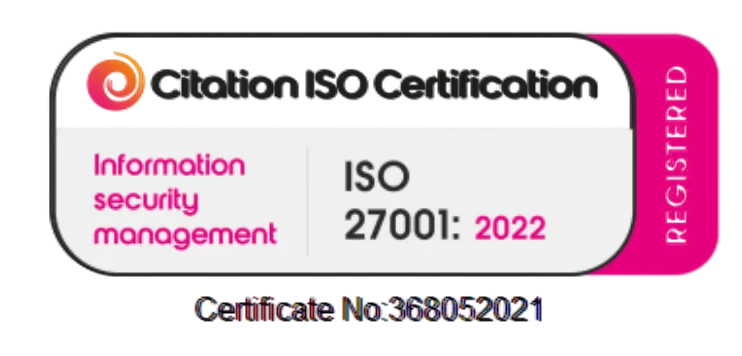Information sharing has been a central issue in child protection and adult safeguarding practice, highlighted by numerous historical reviews and recommendations over the past fifty years. Without visibility of how individuals interact with different safeguarding agencies, practitioners have struggled to act proactively with speed or confidence.
Safeguarding agencies in South Wales found that despite their best efforts to share information, when children and adults in vulnerable situations interacted with one safeguarding agency, often another safeguarding agency was left unaware. This was leading to missed opportunities for earlier intervention, and difficulty in understanding the full picture of the lives of the children and adults they were supporting.
They decided that automated information sharing and the intelligent use of data use would help them to identify need much earlier, preventing crisis and stopping people falling through the cracks.






